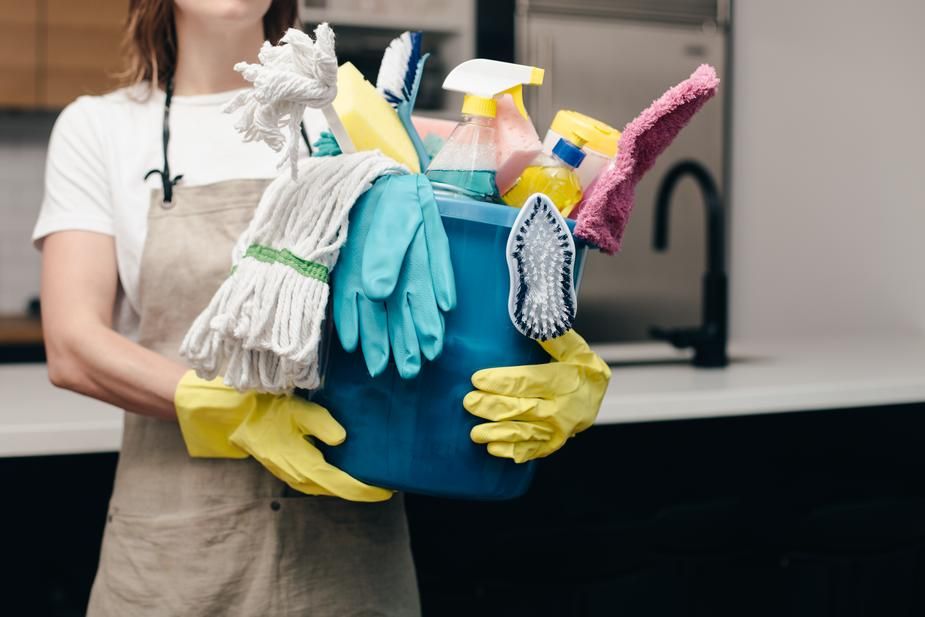No matter what we are trying to learn, we can count on one fact: our brains will be looking for repeatable patterns and unspoken rules. This usually simplifies the task ahead of us, and it can be invaluable when learning a new language through TV series – we hear the words, we watch the scene, and our brains fill in the blanks.
But what happens when these same patterns betray us? Or even worse, when they cause us public embarrassment? In reality, the best thing we can often do is apologise, laugh it off, and move on. But if you accidentally made your boyfriend’s grandma choke, wouldn’t you have preferred an advanced warning?
This is why today we have brought you the 6 most embarrassing “false friends” we have found.
What Are False Friends?
In the realm of language learning, “false friends” are a casual term for “false cognates”.
Cognates are words in different languages that share a similar origin or history, and therefore sound or are spelled very similarly. They are especially widespread in science and technology, as most languages borrow these terms from Latin.

This is why English television barely changes to televisión, televisione, and Телевизор (Televizor) between Spanish, Italian, and Russian.
Their playful cousin are false cognates. These are words that just sound similar, to the point that it would be easy to assume they share a meaning.
Of course, this impression only lasts until you finish speaking, and are followed by a difficult, awkward pause.
Embarrassing Mistakes to Avoid
In Spanish
As the second most spoken language in the United States, Spanish offers countless opportunities for confusion and embarrassment. This is why most language textbooks and coaches now give explicit warnings about how you should never say you are pregnant.
Here are a couple of less-known confusions to look out for:
1 - Don’t ask about condoms in your food
Most prepackaged food is now full of additives and preservatives that keep it looking fresh for longer, no fridge needed. But if you ever need to ask about the amount of chemicals on your food, don’t ask about preservativos. The word you want is "preservante".
That’s one of the words for condoms. If they are in your food, you have bigger problems at hand.
2 - Steer clear from the Foot Pie
Sometimes, knowing a little bit of a language can create more trouble than knowing none at all – especially when your target language also likes to borrow words from across the border.
In Spanish, “el pie” means the foot, and it’s roughly pronounced pee-ah. But if you ever walk into a diner and see feet in the dessert section, relax: they mean good old fashioned pie. As in, apple pie.

Just make sure to pronounce it “in English”. Pah-y de manzana is what you want.
In Italian
As a close relative to Latin, Italian also shares a lot of common roots with Spanish, French, and even English. Just keep in mind that Italian has gone through nearly 2,000 years of independent history, so some words may have evolved in different directions.
1 - No, we are not fighting, we are presenting evidence
Granted: these days, fighting and debating online are very difficult to differentiate. Any disagreement about the virus that must not be named, fast food choices, or pet preferences, no matter how civil it may start, runs the risk of jumping into name-calling and family feuds.
Even before this was the norm, Italian and English offered the chance for heated debate. At the root of it is the word argomento, which sounds a bit too close to argument for comfort.
In reality, argomento means evidence or reason and is perfectly compatible with polite civility.
2 - Not that kind of family
Meeting the parents is a high-pressure scenario even if there is no linguistic barrier to jump through. This is why, when my then-boyfriend announced that "i miei parenti" would be in town for the weekend, I completely overhauled my schedule in order to make the best possible impression.
After cleaning the apartment for 8 hours straight, and spending a small fortune (for a college student, at least) on “good cheese”, I found out that our visitors were not my beau’s parents and were not even staying with us.

They were his mom’s cousin and her husband. They stopped by for maybe 20 minutes, dropped a care package, and continued exploring the wilds of Lima City.
What happened? An embarrassingly basic mistake: "parenti" are not your beloved mom and dad. It means relatives, and is usually reserved for the distant kind.
The cheese was good, at least.
In German
German and English share a common ancestry, so you will find tons of real, friendly cognates early on. But there still room for confusion, and it can involve the most innocent of words.
Leave the bathroom talk for later!
The culprit, in this case, was the innocuous after. In English, it just means later. In German, “der After” is an impolite, totally-not-medical word for anus.
In French
Body parts always have the potential for confusion. In this French case, the body is the polite part, at least.
Arms are good touch! (Underwear is not)
The problem is that in French, the word for arm is “les bras.” Totally innocent, right? So don’t slap anyone who asks for your arm whenever they need help crossing the street.

Can You Fully Avoid These Incidents?
Probably not. Ultimately, learning a new language takes time and some willingness to get out there and make mistakes. But that’s okay! When traveling, remember that locals are more likely to be impressed by your efforts and to appreciate them (especially if they are not proficient in English themselves!).
When it comes to avoiding false cognates, it helps to learn a language the way it’s really spoken, rather than to rely on dictionaries or textbooks. If you want to get some exposure to real-life languages, with a nice dose of humour and drama, just pick a TV series in a foreign language.
Lingopie is an on-demand service offering thousands of hours of foreign language TV series and movies. Our goal is to help you master a second language and a second culture. Sign up for a free trial.





